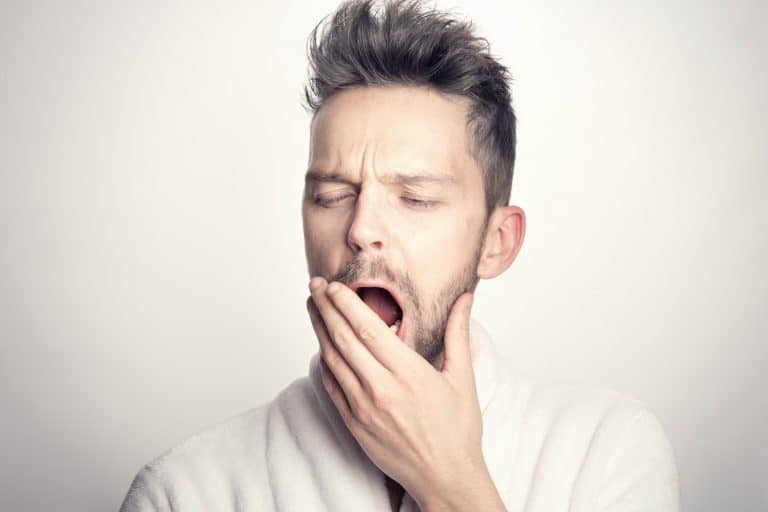Do you frequently find yourself struggling to fall or stay asleep during the night? Does your partner complain about your snoring or constant tossing and turning? Do you have excessive daytime fatigue that no amount of coffee can seem to overcome? If so, your doctor might suggest you participate in an overnight sleep study.
While it might feel daunting especially if you have to spend the night in a sleep facility, sleep studies can offer valuable insight into what is causing your sleep issues and help your doctor find the right treatment plan.
What is a Sleep Study?
According to The American Academy of Sleep Medicine, “a sleep study, also known as polysomnography, records your brain waves, heart rate and breathing as you sleep. It also tracks your eye, leg and arm movements, and oxygen levels in your blood.”

Sleep studies can help to diagnose a myriad of issues, including:
- Sleep apnea
- Insomnia
- Periodic limb movements
- Circadian rhythm disorders
- Narcolepsy
What to Expect
Your sleep clinic will give you instructions on how to prepare the day of the test and what activities or substances to avoid as to not interfere with sleep recording.
They will also let you know what you should bring with you to the test, which might include pajamas, a nighttime snack or the novel you recently picked up at Dog Eared Books. Things that will make your stay more comfortable and help induce sleep.
Once you check in a sleep technician will take your room and show you around before setting you up for your sleep study. The technician will glue or tape sensors to your body to monitor different functions like heart rate, brain waves, and oxygen levels while you sleep.
When it is time for you to try and sleep the lights in your room will go off and a low-light camera will allow the technologist to monitor you from another room in case any issues arise during the night.
Most people participating in sleep studies do not sleep as well as they would at home because of the unfamiliar environment, however, that should not affect the results of the study and in most cases, you do not need a full eight hours of sleep to make a diagnosis. If needed, your doctor might prescribe medication to help you sleep during the study.
In the morning the technologist will remove the sensors and the test will be over. It may take a couple of weeks for your doctors and sleep specialists to evaluate the study and come up with a diagnosis.
Next Steps
Once your doctor has the results, you’ll make an appointment to review findings and discuss any medical treatments or recommended lifestyle changes.
Sleep is critical to maintaining your health and wellbeing. If you aren’t getting proper sleep, it can negatively affect your quality of life and increase your risk of serious health issues. Don’t hesitate to reach out to your doctor if you are suffering from sleep issues. There are solutions out there to help you live a more restful and healthy life.
For more information about sleep studies or to schedule an appointment with a sleep expert, call Hampton Roads ENT today.
